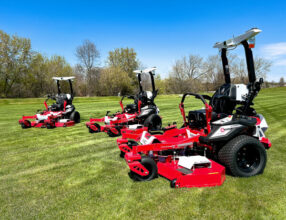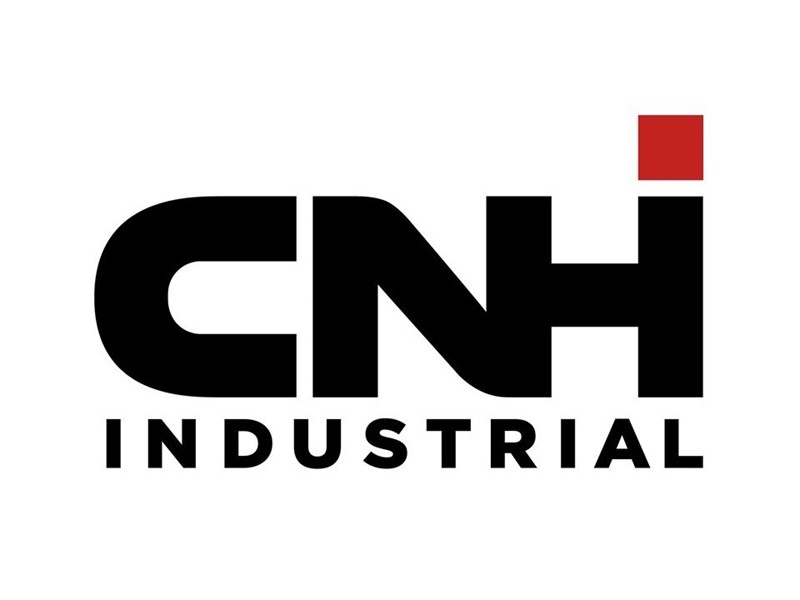Anonymous Distributor
A dealer, who wishes to remain anonymous, recently sent me an e-mail asking if a lot of dealers who are “aging out” of actively running their businesses look to “angels” to buy them out or do they just close up and sell off their assets, especially when one of their kids doesn’t want to take over and continue the business. He tells me he is the sole family survivor of a family lawnmower shop that went out of business primarily due to a major catastrophic act of nature, and he chose not to rebuild and reopen. Now he’s not sure that was the right step for him to take. He’s been talking to local and regional dealers in his area, and he says they are all asking him to buy them out. Even the owners of the largest dealership in his area are “aging out” and their son, for whom they kept the business running and successful, has opted out of taking over, leaving his parents hoping they’ll find an “angel” to buy the business or be faced with selling their assets for what they can get.
In the early 1970s, when I first joined this family-owned distributorship, I noticed right away that our dealer customers were “old” — appeared to be near-retirement age. Now my perspective was certainly influenced by the fact that I was in my mid-20s, but nevertheless, I worried that our customer base was going to “die-off” in just a few years. Many of those older dealer owners did retire, just like most older business people do, and sold off their business assets to a multiplicity of other dealers, or in a few cases, had a relative take over management. “Angels” were very few and far between. But new service dealers kept appearing, often “popping up” close to new concentrations of residential areas. They saw a future and took a chance, often borrowing the start-up money from a bank rather than hoping for an “angel” backer. When they were willing to go to the bank because they believed in themselves that much, I was motivated to do everything possible to help them succeed.
For a long time, I’ve thought that successful dealerships, especially those run by owners who had been re-investing in them for many years, were perfect for their kids to take over. The investment in assets over the years meant that the son or daughter had a solid foundation that didn’t require a huge initial investment and could be paid for over time. The business real estate might need sprucing up, but the inventory was typically paid for, as were the building and equipment. The kids had a head-start, in many ways.
If the kids chose to do other things, then the owners had to find another successful dealer who was interested in a branch location, or an entrepreneur who wanted a successful business to buy, not someone else’s failure. Otherwise, assets could be sold piecemeal to different businesses and owners.
Dealerships come and go, just like any other business. I’ve read numerous articles on what makes one dealership successful and another one not. Bob Clements can and will tell you in a day’s seminar how to be successful in an OPE sales and service operation. The information is out there for the asking. But at the end of the day, it still boils down to internal drive, planning and a desire to want to be successful. It’s a challenge you can win, but no one ever said it would be easy. What would you tell this sole survivor of a business that was washed away in a flood and who isn’t sure of what the right path is for him to take? He and I would be very interested in your thoughts. Please share them by dropping me an e-mail at anonymous.distributor@gmail.com.
******************************************************************************************
“Bad habits are like a comfortable bed,” a pundit once noted, “easy to get into, but hard to get out of.” Sticking with what’s comfortable might be one of the deadliest habits of all.
In the bullfighting arena, expert matadors have long gained an edge by pinpointing a bull’s comfort zone. Former Hewlett-Packard CEO Carly Fiorina has studied this phenomenon. “In bullfighting, there is a term called ‘querencia’. The querencia is the spot in the ring to which the bull returns,” she explains. “Each bull has a different querencia, but as the bullfight continues, and the animal becomes more threatened, it returns more and more often to his spot. As he returns to his querencia, he becomes more predictable.”
What are the consequences of predictability? “In the end,” Fiorina says, “the matador is able to kill the bull because instead of trying something new, the bull returns to what is familiar (i.e. his comfort zone).”
Many businesses retreat to their comfort zones when challenged. A new form of competition emerges, or threatening research undercuts a core product. This is bad news, and who wants to hear that? “Bad news isn’t wine,” former U.S. Secretary of State Colin Powell once said. “It doesn’t improve with age.” The key is how you take the bad news and what you do about it. Just be sure you don’t keep doing the same thing over and over while expecting new and better results.
******************************************************************************************
Contact the Anonymous Distributor at anonymous.distributor@gmail.com or read his blog at www.anonymousdistributor.blogspot.com.



